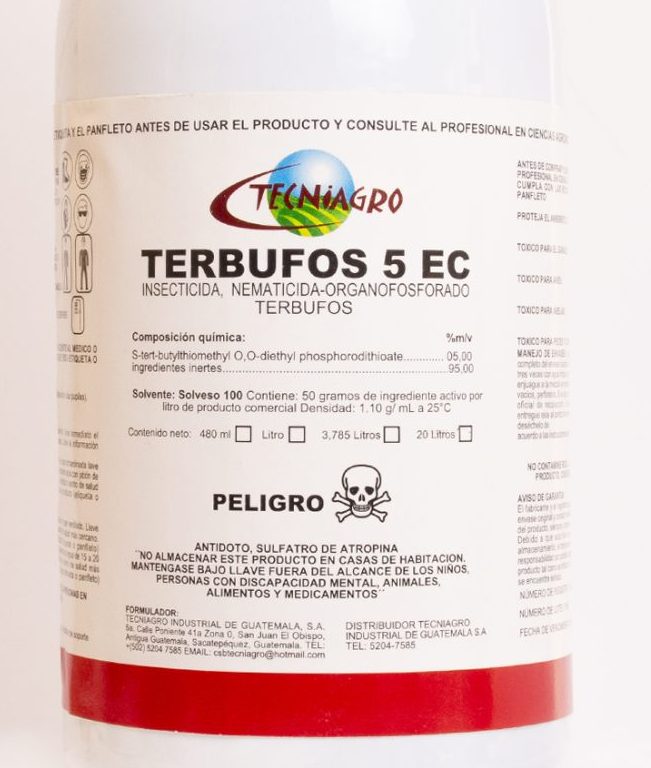Food safety is a critical issue that affects everyone, and recent reports have highlighted the severity of the situation in South Africa. Since September, there have been 890 reported cases of food-borne illnesses across all provinces, resulting in the tragic loss of 22 children due to food poisoning. This has led to the declaration of food-borne illnesses as a national disaster, prompting the government to form an interdisciplinary task team to coordinate the national response.
At a media briefing on 21 November, Minister of Cooperative Governance and Traditional Affairs, Velenkosi Hlabisa, outlined the action plan to address the crisis. The Department of Health is prioritizing the shortage of environmental health inspectors and appointing health experts to serve on the Ministerial Advisory Committee. Additionally, the Department of Basic Education has issued best practice protocols to prevent and manage foodborne illnesses in schools, as a proactive measure to protect students.
One of the concerning incidents involved the deaths of six children in Soweto, which were linked to the agricultural pesticide terbufos. Following inspections of 84 spaza shops, terbufos was found in three establishments. Health Minister Dr Aaron Motsoaledi stated that while the shops will face closure, no legal action will be taken until a direct link between terbufos and the children’s deaths is established. Investigations are ongoing to determine the source of the pesticide and whether it was illegally imported.
Minister of Agriculture John Steenhuisen revealed that the terbufos found in the shops does not match locally produced products, raising suspicions of illegal importation from a neighboring country. Inspections will be conducted at all registered manufacturers to ensure proper controls and labeling of terbufos. It is crucial to address these issues promptly to prevent further tragedies and protect public health.
The government’s response to the food safety crisis underscores the importance of collaboration between different departments and agencies to safeguard the well-being of the population. By implementing strict regulations and monitoring practices, it is possible to prevent future outbreaks and ensure the safety of food products consumed by the public. It is imperative for all stakeholders to work together to address the root causes of food-borne illnesses and protect the most vulnerable members of society.





